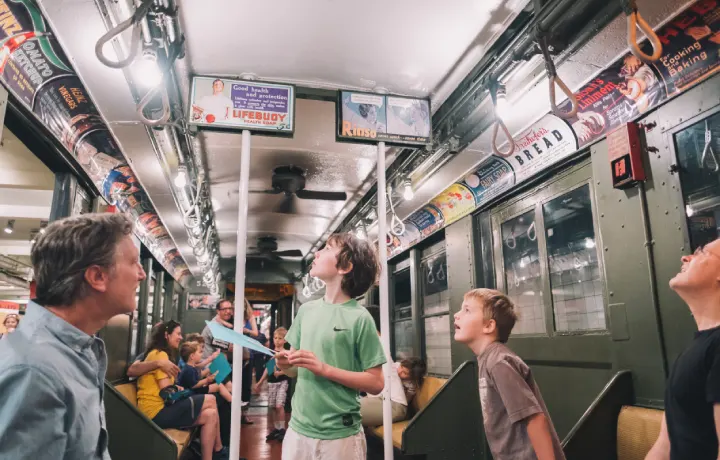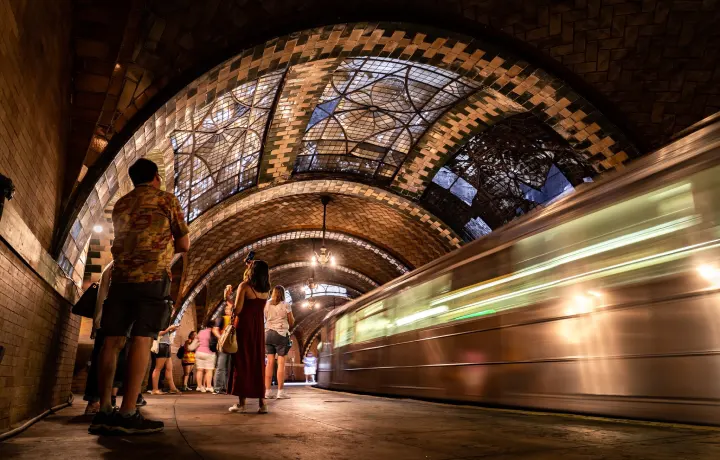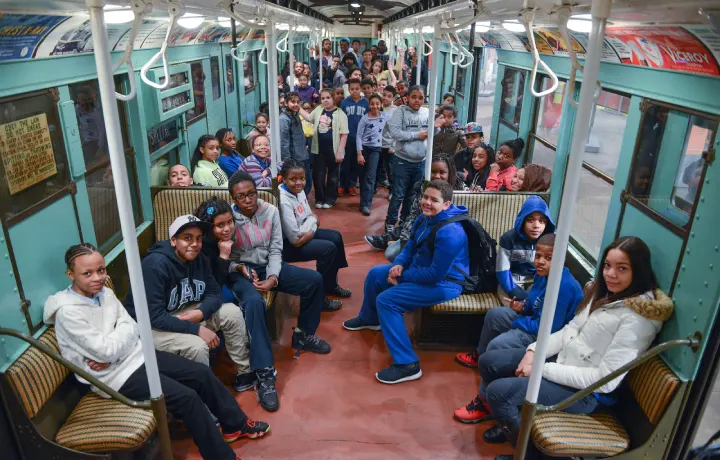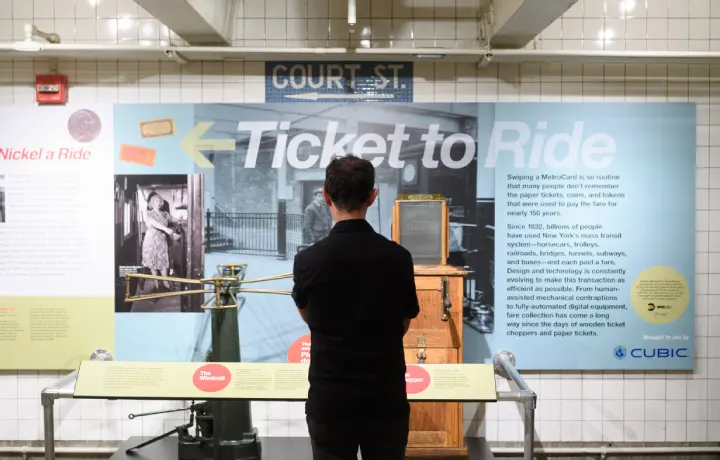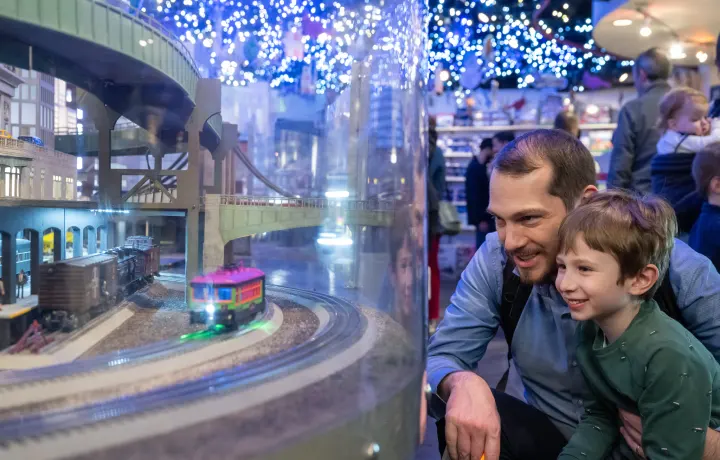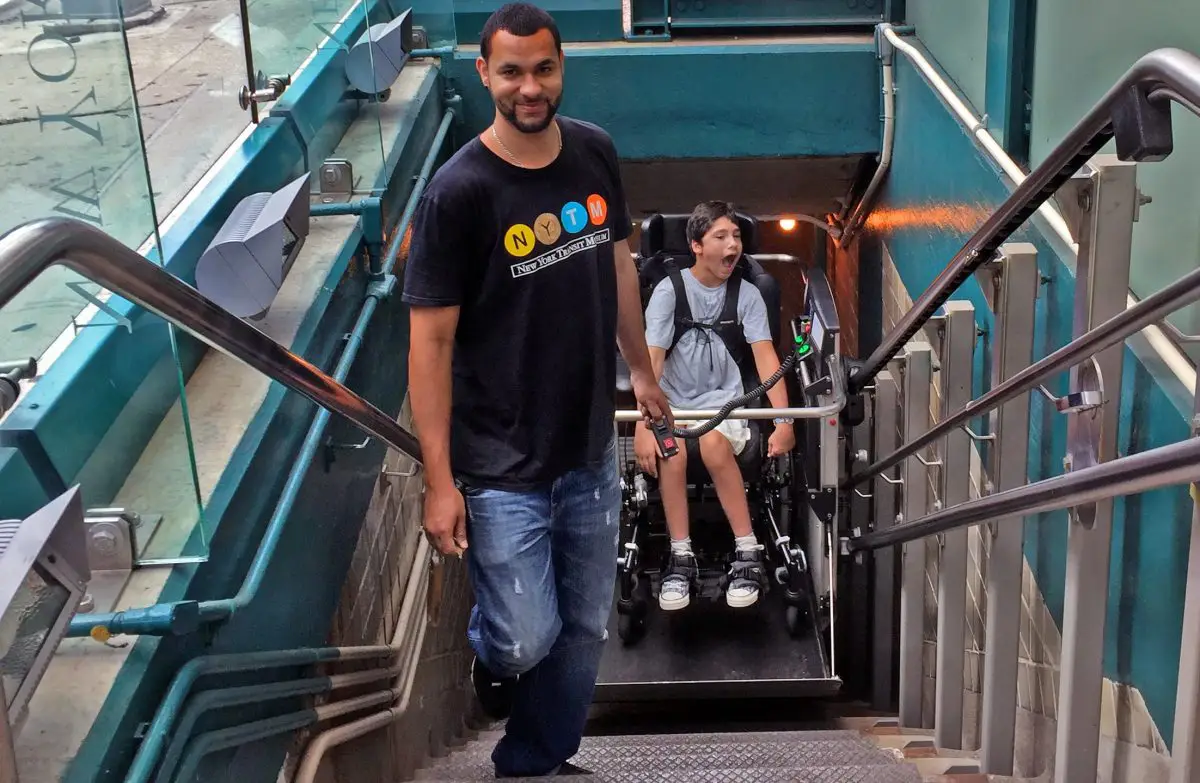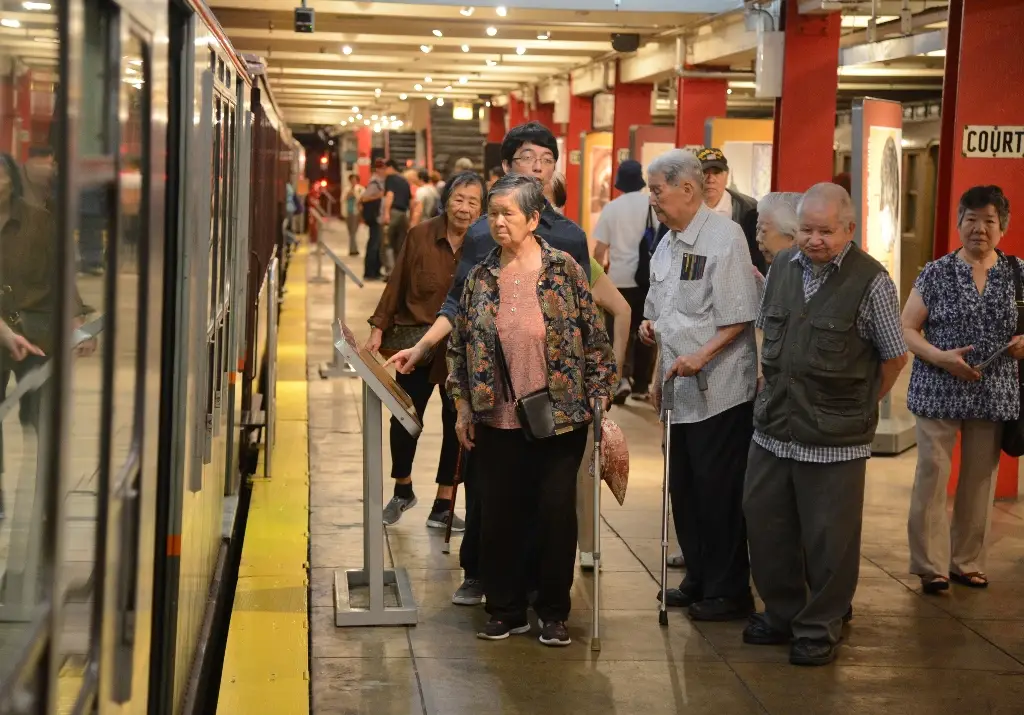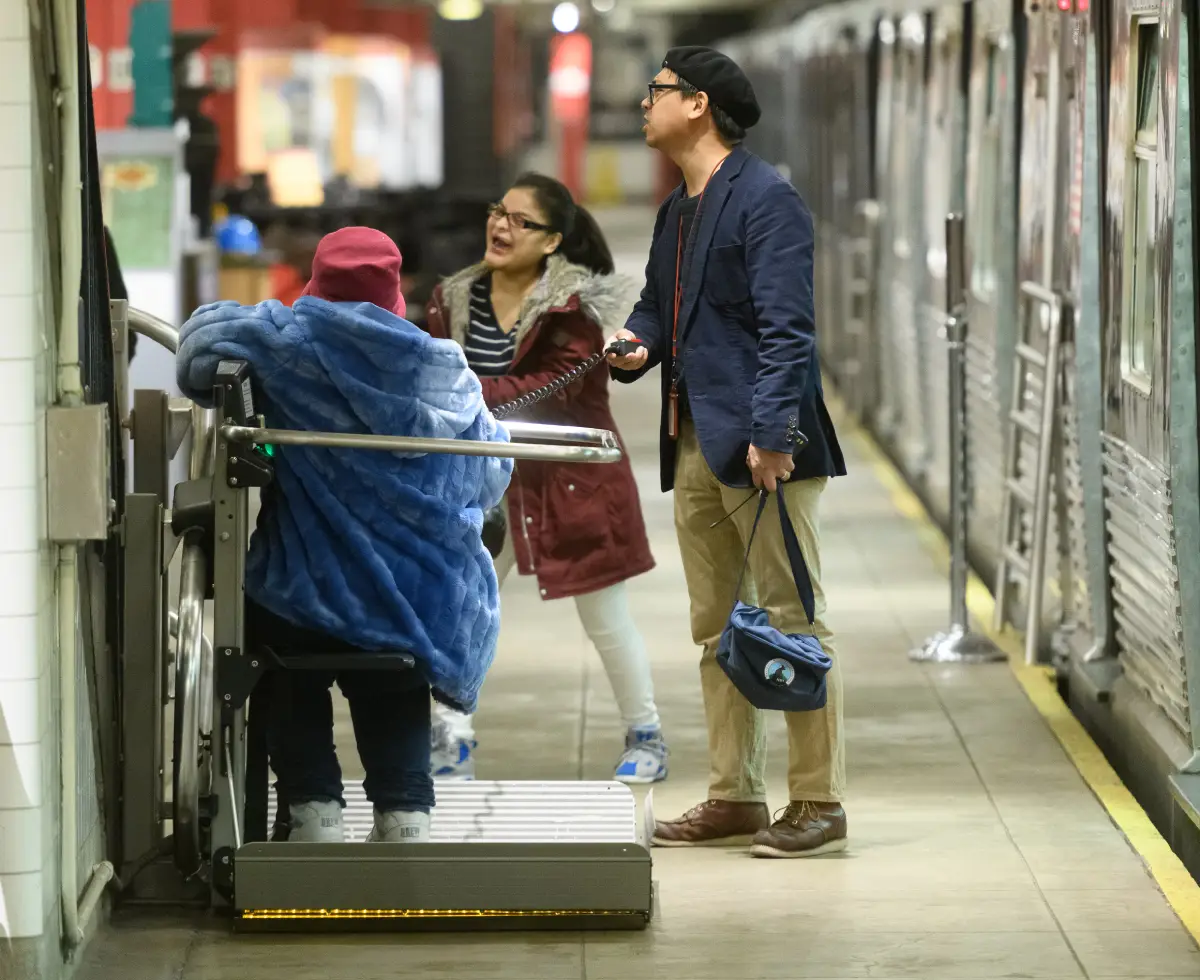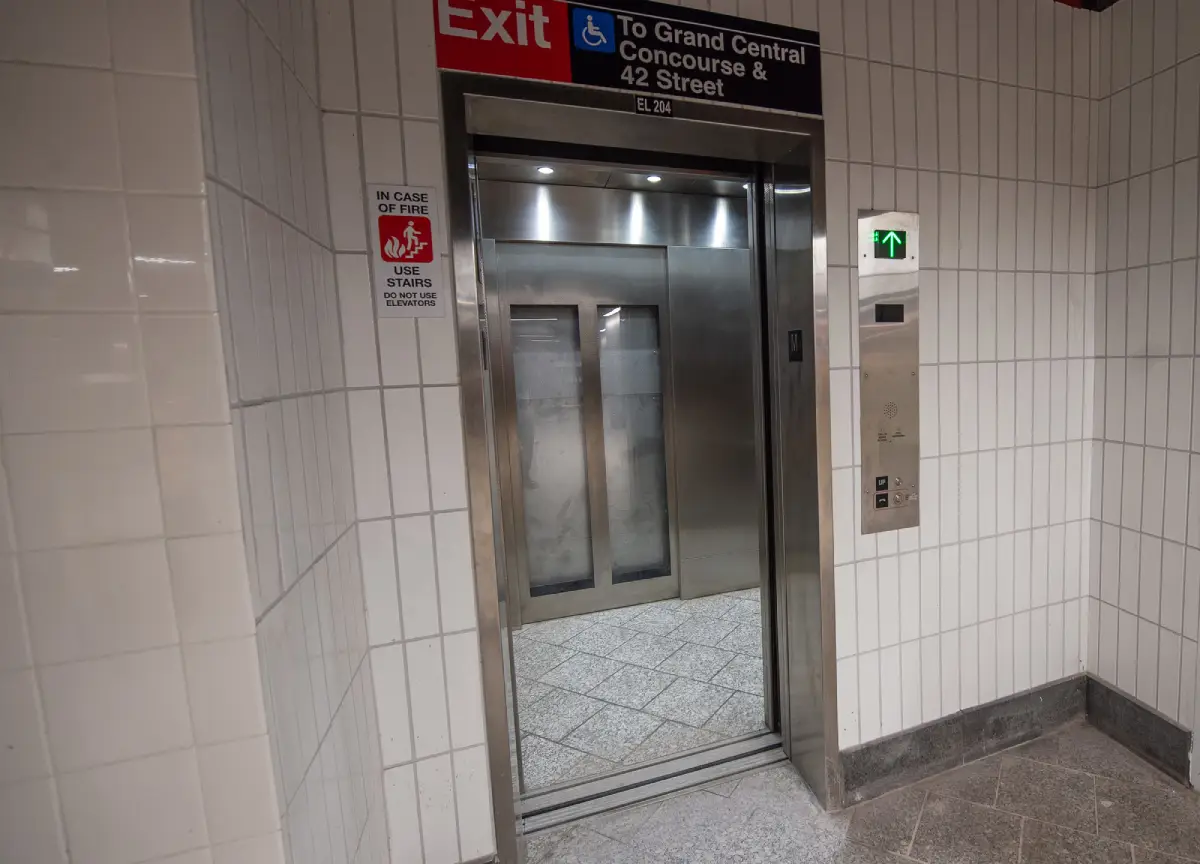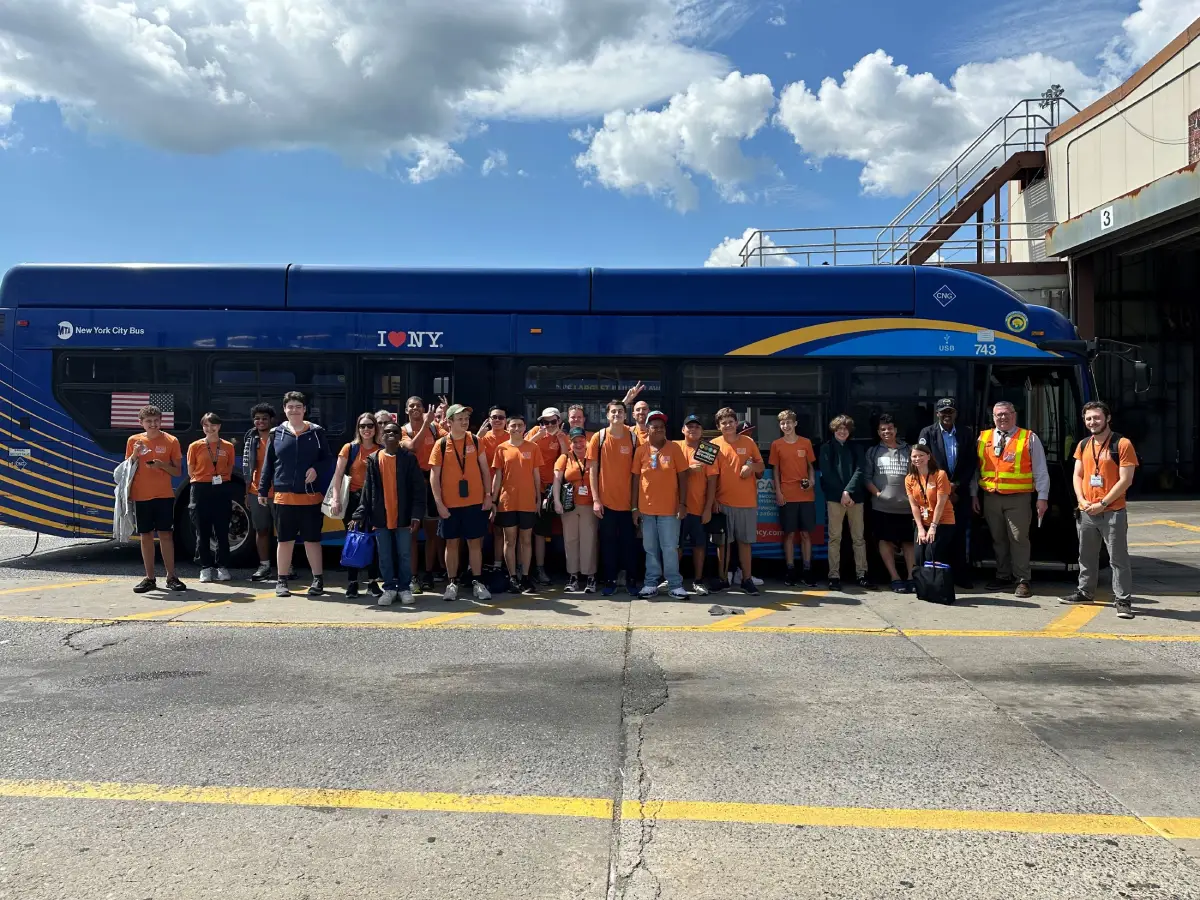ACCESSIBILITY
The New York Transit Museum is committed to providing a welcoming and accessible experience for all visitors. Both the Transit Museum in Brooklyn and the Gallery & Store at Grand Central Terminal are wheelchair accessible. Below you’ll find information about accessibility, admission, and services to help ensure a smooth and welcoming experience for all visitors.
